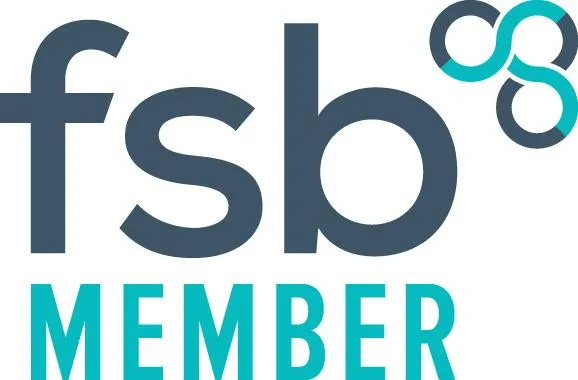Blog Posts
The one-stop place for all of your business tips, tricks, ideas and insights.

Google Found Guilty of Search Engine Monopoly: What It Means for Businesses
In a landmark decision, Google has been found guilty of maintaining a search engine monopoly, violating antitrust laws. This verdict is set to reshape the what big boys like Google, do business and most importantly, what we can expect o the digital horizon. This affects businesses and consumers alike. As a Virtual Assistant (VA) agency, L.T. VA Services, which relies heavily on Google's suite of tools and search engine capabilities for both our operations and our clients' needs, this ruling has significant implications. Here’s what this means for us and how we plan to navigate these changes.
The Ruling: A Brief Overview
The court found that Google abused its dominant position in the search engine market to stifle competition and maintain its monopoly. By prioritising its own services and products in search results, Google effectively limited the visibility of competing services, hindering fair competition and innovation.
Implications for Businesses
Search Engine Optimisation (SEO) Strategies: With Google’s monopoly under scrutiny, we can expect changes in how search results are ranked. This may lead to a more level playing field for different search engines. As a business you need to stay ahead of these changes, adapting your SEO strategies to ensure your visibility across multiple platforms remains.
Diversification of Tools and Services: While Google’s tools are integral to many business operations, this ruling could lead to the emergence of competitive alternatives. You should explore and integrate other search engines and productivity tools, ensuring that you are not overly dependent on any single platform.
Increased Opportunities for Competitors: The ruling is likely to encourage the growth of alternative search engines and digital tools. This can provide businesses with more options to offer tailored solutions to your clients and that of your own business, enhancing services, flexibility and effectiveness.
How To Navigate These Changes
Monitoring and Adapting to Algorithm Changes: As a business you should continuously monitor updates from Google and other emerging search engines to understand their algorithm changes. This will help you tweak your SEO tactics to maintain high rankings for your content.
Exploring Alternative Platforms: Actively explore and test other search engines like Bing, DuckDuckGo, and emerging players. By understanding their strengths and weaknesses, you can better invest in your SEO efforts.
Training and Development: Train your team to familiarise themselves with new tools and platforms. This will ensure that you remain proficient and can leverage the best tools available to deliver exceptional services to your customers.
Proactive Client Communication: Keep your clients informed through regular updates and consultations. By proactively addressing their concerns, you can help them mitigate risks and capitalise on new opportunities.
The ruling against Google marks a pivotal moment in the digital world, promising more competition and innovation. For businesses, it presents both challenges and opportunities. By staying adaptable, exploring new tools, and maintaining transparent communication with your clients, you can turn these changes to your advantage.
Contact Us
Alton Office | Ednaston Park | Business Centre | Painters Lane| Ashbourne, Derbyshire | DE6 3FA
L.T. VA Services Ltd is a company registered in England and Wales with company number 13629800




